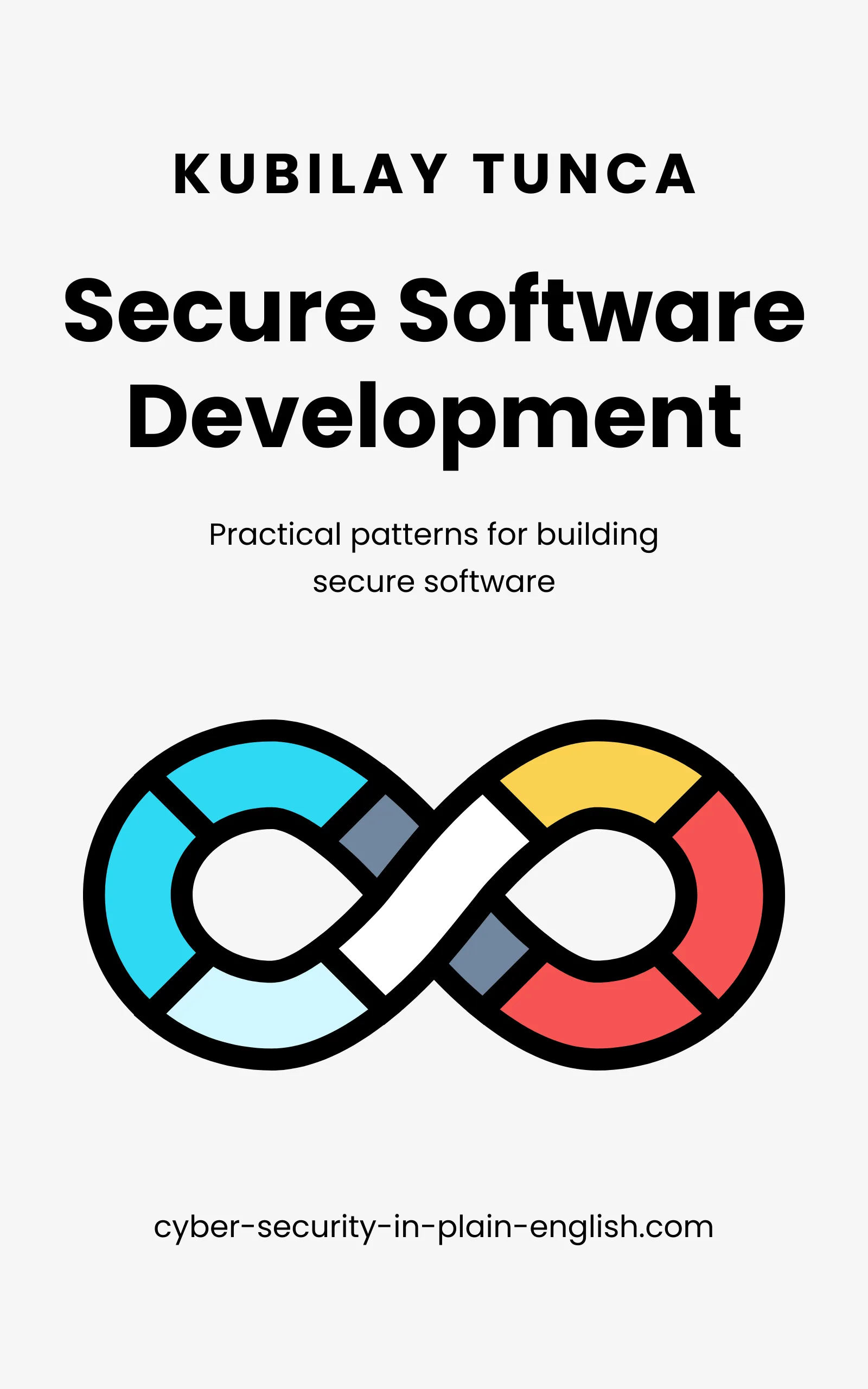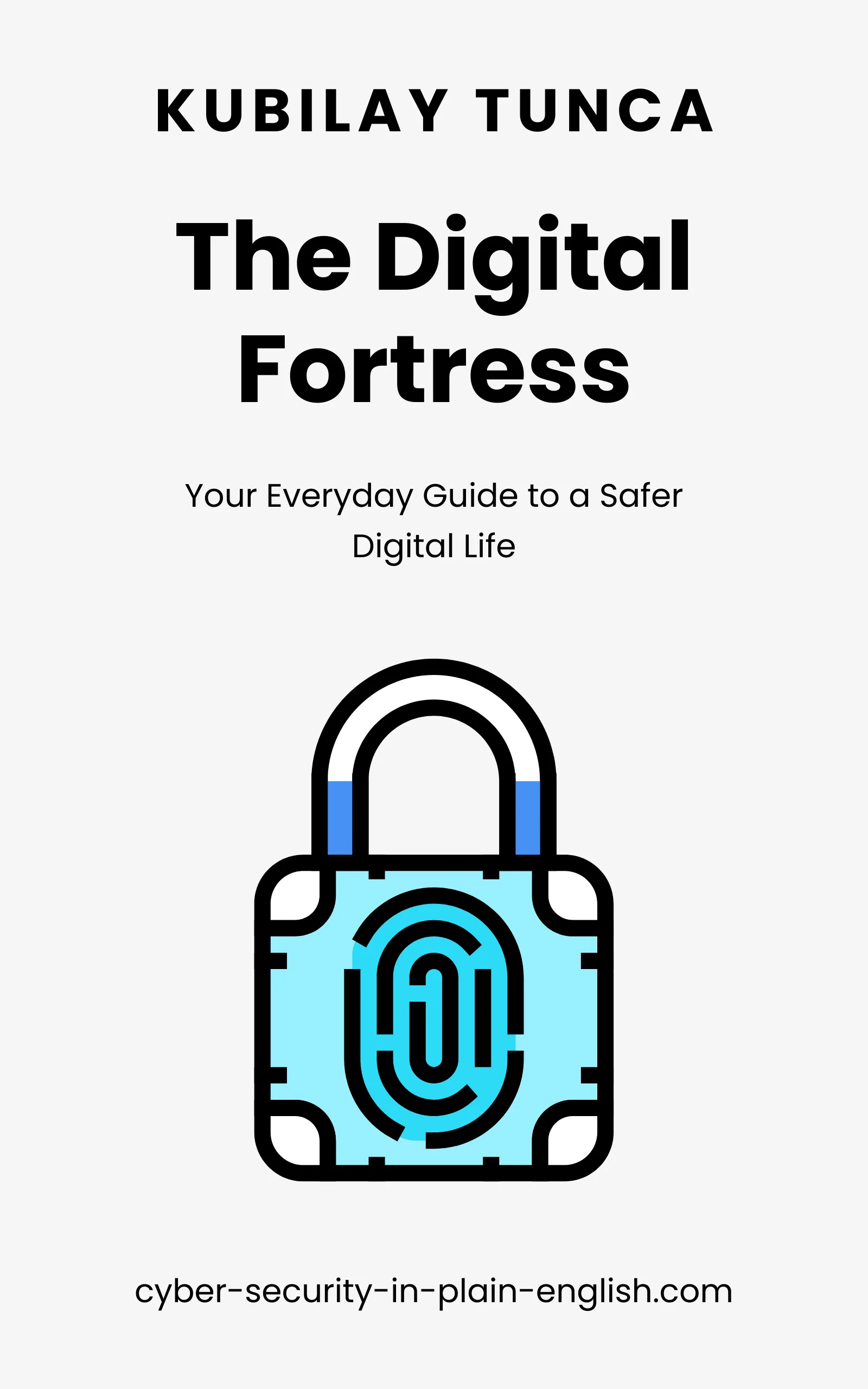Published
- 6 min read
The Role of Antivirus Software in Your Cybersecurity Plan

How to Write, Ship, and Maintain Code Without Shipping Vulnerabilities
A hands-on security guide for developers and IT professionals who ship real software. Build, deploy, and maintain secure systems without slowing down or drowning in theory.
Buy the book now
Practical Digital Survival for Whistleblowers, Journalists, and Activists
A practical guide to digital anonymity for people who can’t afford to be identified. Designed for whistleblowers, journalists, and activists operating under real-world risk.
Buy the book now
The Digital Fortress: How to Stay Safe Online
A simple, no-jargon guide to protecting your digital life from everyday threats. Learn how to secure your accounts, devices, and privacy with practical steps anyone can follow.
Buy the book nowThe Role of Antivirus Software in Your Cybersecurity Plan
Introduction
Antivirus software is often the first line of defense in a cybersecurity plan, and for good reason. From viruses and malware to ransomware, the internet is full of potential threats to your devices and personal information. Having a reliable antivirus program installed is a fundamental part of protecting yourself online. This article will cover why antivirus software is essential, what it does, and how to choose the right one for your needs.
What is Antivirus Software?
Antivirus software is a program designed to detect, block, and remove malicious software, commonly referred to as malware. Malware can take many forms, including viruses, trojans, spyware, and ransomware. Each type of malware has different purposes—some may spy on your activity, while others might lock your files and demand payment. The job of antivirus software is to prevent these types of attacks before they can harm your system.
By running in the background, antivirus programs continuously scan for suspicious files, emails, and websites, alerting you if anything poses a risk. Most antivirus software also includes automatic updates to recognize and protect against new types of malware as they emerge.
Why Antivirus Software is Essential in Cybersecurity
With so many threats online, antivirus software serves as a safeguard that offers multiple layers of protection. Here’s why it’s such a crucial part of any cybersecurity strategy:
- Real-Time Protection: Antivirus software can detect threats in real time, meaning it can stop a virus or other malicious software from infecting your device as soon as it’s detected.
- Malware Removal: If malware does manage to slip through, antivirus software can often remove it before it causes significant harm, restoring your device to a safe state.
- System Scanning: Regular scans help identify and quarantine suspicious files. You can schedule these scans to run automatically, making it easy to keep your device clean without manual effort.
- Safe Browsing and Downloads: Many antivirus programs offer browser extensions that alert you to unsafe websites and downloads, helping prevent accidental malware infections.
- Email Protection: Some antivirus programs also screen emails for attachments or links that could contain malware, reducing the risk of phishing attacks.
In essence, antivirus software acts as a gatekeeper, checking for potential threats before they become serious problems.
Key Features to Look for in Antivirus Software
Not all antivirus programs are created equal, and some may offer features better suited to your needs. Here are a few key features to consider when selecting an antivirus program:
- Real-Time Scanning: Real-time scanning means that the software will continuously monitor your system and alert you immediately if it detects any threats.
- Automatic Updates: Cyber threats are constantly evolving, so having antivirus software that updates automatically is essential. This ensures the program recognizes the latest malware.
- User-Friendly Interface: Look for antivirus software that’s easy to use, with a clear dashboard and simple setup. This can make it easier to manage and understand alerts.
- Phishing Protection: Some antivirus programs offer additional protection against phishing scams by scanning emails and blocking malicious links.
- Compatibility with Your Devices: Make sure the software you choose is compatible with all the devices you want to protect, whether that’s a laptop, smartphone, or tablet.
Many popular antivirus programs offer free versions with basic protection, which can be a good starting point. However, paid versions usually include more advanced features, like real-time scanning and comprehensive protection across multiple devices.
How to Use Antivirus Software Effectively
Installing antivirus software is just the first step; using it effectively ensures it provides the best protection possible. Here are some simple tips for getting the most out of your antivirus software:
- Keep It Updated: Regular updates are critical for keeping your antivirus software effective against the latest threats. Most programs update automatically, but it’s a good idea to check settings to make sure automatic updates are enabled.
- Run Regular Scans: Schedule full system scans at least once a week. These scans can detect hidden threats that might not be caught by real-time protection.
- Respond to Alerts Promptly: If your antivirus software flags a file or website as suspicious, take action immediately. Most programs will offer options to quarantine or delete potentially harmful files.
- Use Browser Extensions: Many antivirus programs offer browser add-ons that protect you while browsing by blocking unsafe websites and preventing phishing attempts.
- Consider Multi-Device Protection: If you use multiple devices, consider an antivirus program that offers protection across all of them. This way, you have a consistent level of security for your entire digital environment.
Free vs. Paid Antivirus Software
Free antivirus programs can provide basic protection, but they usually lack some advanced features found in paid versions. Here’s a brief comparison:
- Free Antivirus: Basic protection, often includes manual scans and limited real-time protection. Good for general use but may not be enough for users who frequently handle sensitive data.
- Paid Antivirus: Offers comprehensive protection, including real-time scanning, automatic updates, multi-device compatibility, and extras like VPNs, password managers, or identity theft protection. Ideal for users who want robust security or use multiple devices.
For users with simple needs, a free antivirus can be enough, especially if combined with other security practices like strong passwords and two-factor authentication. However, a paid antivirus program often provides more reliable, all-encompassing protection, making it a worthwhile investment for those who prioritize security.
Common Myths About Antivirus Software
There are some myths around antivirus software that can lead to misunderstandings. Here are a few of the most common ones:
- “I Don’t Need Antivirus Because I’m Careful Online.” While careful browsing habits are important, even cautious users can still encounter malware through infected ads, links, or emails. Antivirus software acts as a safety net.
- “Mac and iOS Devices Don’t Get Viruses.” Although Mac and iOS devices are often seen as more secure, they’re still vulnerable to some types of malware. Antivirus software is beneficial for any device connected to the internet.
- “Free Antivirus is Just as Good as Paid Antivirus.” While free options can offer basic protection, they usually lack real-time scanning and advanced features found in paid versions, which provide more robust security.
Conclusion
Antivirus software is a critical component of any cybersecurity plan. It provides essential protection against malware, phishing, ransomware, and other cyber threats. Whether you choose a free version or a paid one, having antivirus software on your devices helps safeguard your information and keep your online activities secure.
In combination with strong passwords, regular updates, and safe browsing practices, antivirus software gives you a strong foundation for staying protected. The internet is full of potential threats, but with the right tools and practices, you can confidently navigate it while keeping your information safe.